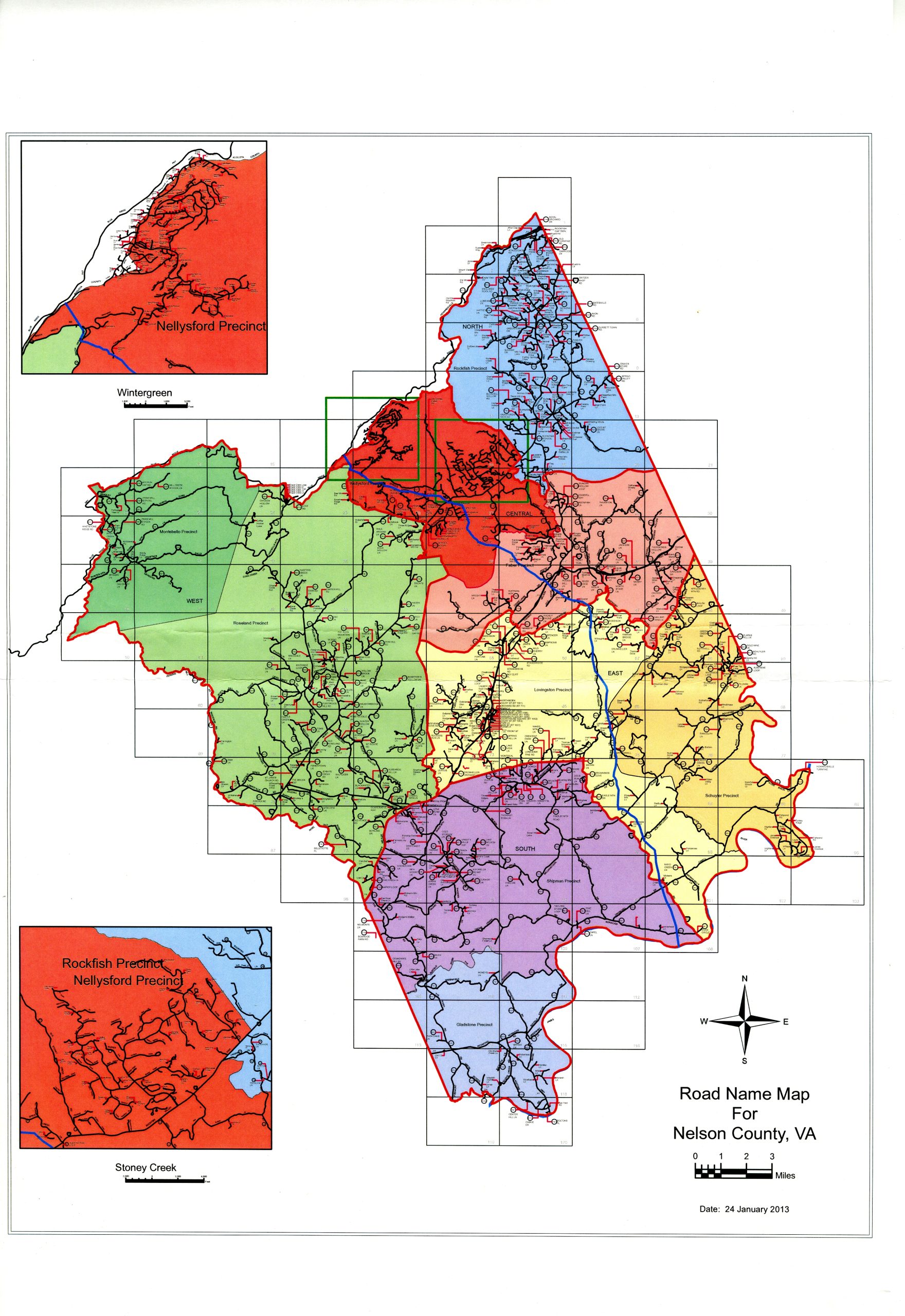The Library of Virginia maintains the most comprehensive collection of information about Virginia’s history, culture, and government. We hold more than 200 million manuscript items, digital images, and records in our archives that tell countless stories of Virginians and our collective past. In addition to state and local government records, the Library has an unparalleled collection of private papers that includes records of businesses, organizations, churches, and individuals. These archival collections continue to grow, and archivists are constantly acquiring and processing records to make them accessible to the public. Four times a year we publish reports of newly accessioned records. The reports can be found by visiting the Library’s News & Press Center. The records are open to the public and available to view in the Library’s reading rooms. Take a look below at two collections from the latest report.
Friends of Nelson
Records, 2014-2021, of the Friends of Nelson, an organization located in Nelson County, Virginia, documenting western and central Virginia resistance to the Atlantic Coast Pipeline (ACP) project planned by Dominion Energy, Inc., and Duke Energy Corporation. Papers include agendas, announcements, appendices, articles, booklets, brochures, correspondence, court records, graphics, maps, notes, pamphlets, petitions, publications, reports, signs, and other documents. Records of other organizations opposing the ACP are included in the collection. Gift of Friends of Nelson, Nelson County. (53723)
Ella H. Scott
Letter, 28 January 1864, from Ella H. Scott (1830-1912) of Hard Bargain Plantation, Penola, Caroline County, Virginia, to her husband, Lieutenant John W. Scott (1822-1880), an officer in the 30th Virginia Infantry in Richmond, Virginia. Scott writes about running the plantation, the absence of an overseer since William Long left, the different jobs she has assigned to the enslaved women working in the house, having three enslaved men whipped, the condition of the crops, and taxes. She writes of the marriage of Jimmy Dabney, the education of her daughters, Gay (b. 1853) and Mary (1855-1938), and that their young son, Johnny (1861-1938) has cut his last tooth. She also writes about the upset caused to Lavinia, an enslaved woman, by Scott’s father wanting to take Lavinia’s son, John, on a trip to act as his errand boy. Other enslaved persons mentioned include Polly, Frank, and Ellen. Purchased. (52698)










